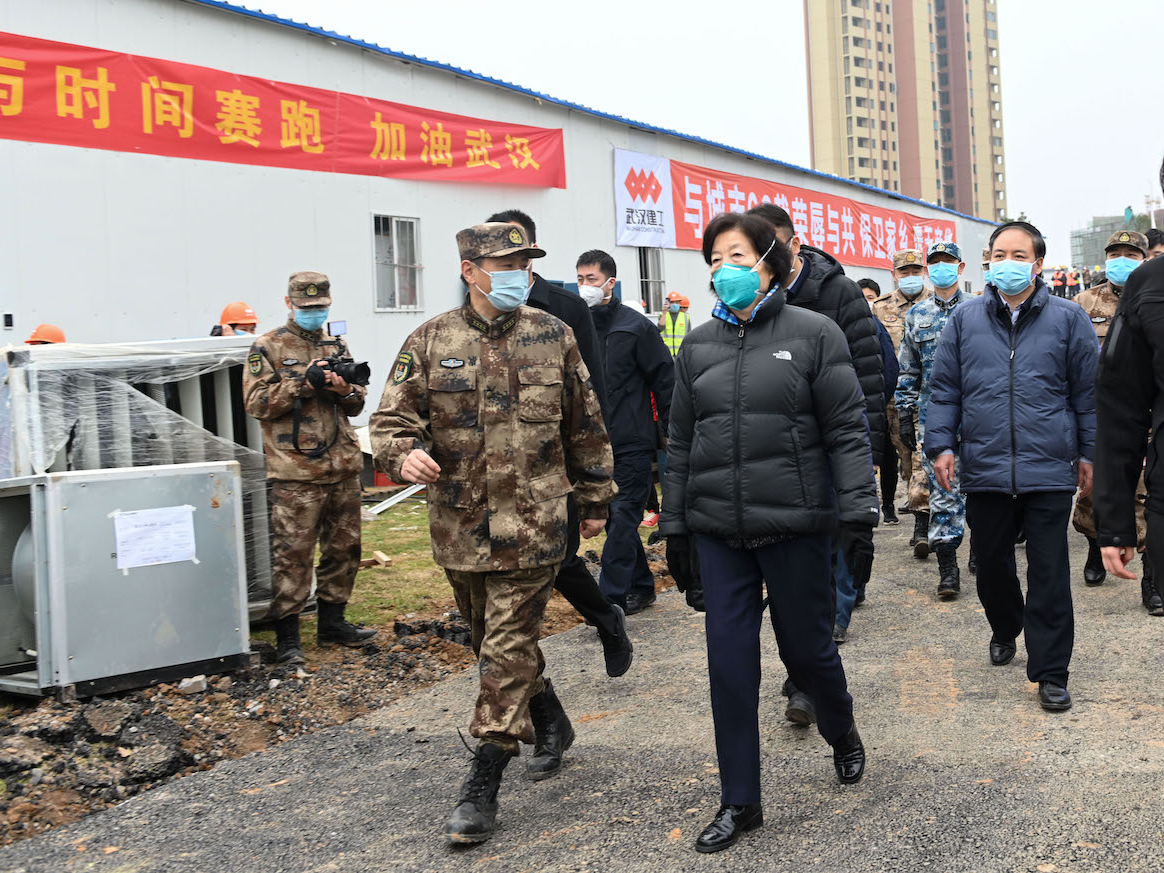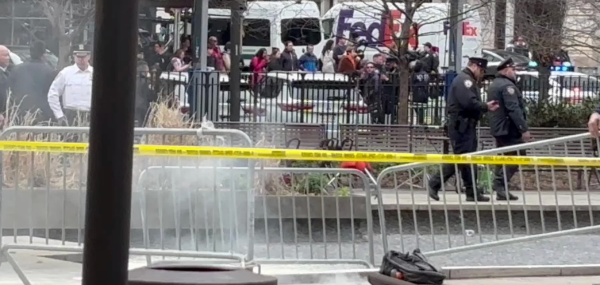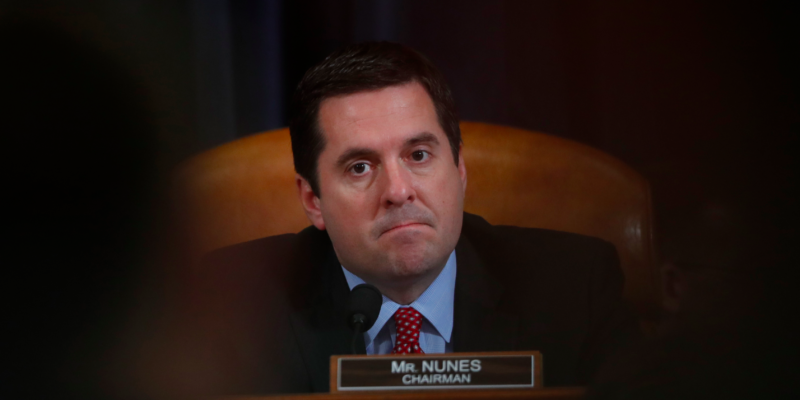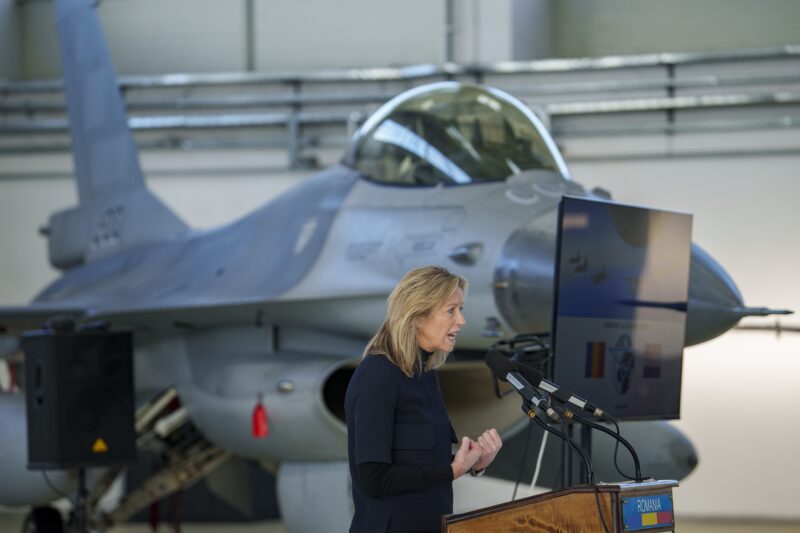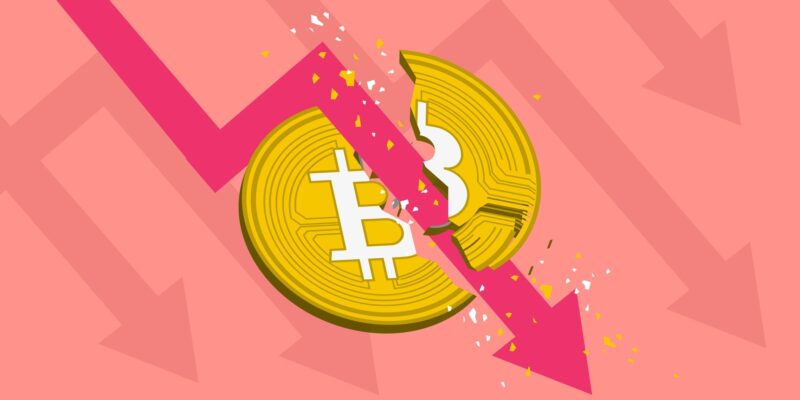- One of China’s most powerful officials was heckled in Wuhan, showing how the coronavirus is testing state control.
- “Fake, fake, everything is fake,” residents chanted at Vice Premier Sun Chunlan as she walked through Qingshan district on Thursday, as seen in a video circulated in Chinese media.
- Wuhan, where the virus broke out, has been under lockdown since January 23. Quarantined residents said authorities were only pretending to deliver food to them.
- The coronavirus has spurred many Chinese citizens, many of whom previously kept their criticism to themselves, to call for democracy and freedom of speech online.
- Meanwhile China has censored coronavirus content online and introduced a new law criminalizing posts critical of the government.
- Visit Business Insider’s homepage for more stories.
A top-ranking Chinese official was heckled during a visit to Wuhan, showing that the coronavirus is testing the Communist Party’s grip on power.
“Fake, fake, everything is fake,” went the chant from residents directed at Vice Premier Sun Chunlan as she led a government team through Qingshan district on Thursday.
Residents in Wuhan claimed that that authorities are only pretending to deliver fresh vegetables and meat to those under lockdown. Sun called for an investigation to address the issue, the state-run Xinhua news agency reported.
Xinhua said Sun responded to “difficulties and problems raised by the residents on the spot,” but did not mention the heckling.
A video of the moment was posted on TikTok by a user in Wuhan, which was then carried by some Chinese media outlets, including the state-run tabloid Global Times.
"It's fake! It's fake!" shout residents of a community in #COVID19 epicenter Wuhan in a viral video on China’s social media. They have accused property management of cheating them by only appearing to provide promised necessities. Investigation is underway https://t.co/kzq4gbB4RM pic.twitter.com/0ujObfedR8
— Global Times (@globaltimesnews) March 6, 2020
Others in the video can be heard chanting "We protest," The Guardian reported.
It is unusual to see anti-government protests being widely covered in Chinese social media, let alone state-run news outlets. But The Guardian said this could be the government's attempts to control the narrative of the protests and show that it is responding to the public's concerns.
Sun is in charge of the central government's epidemic-control work in the city of Wuhan, where the epidemic broke out.
She is one of China's four vice premiers, all of whom report directly to Chinese Premier Li Keqiang, who is tasked with leading the national fight against the virus.
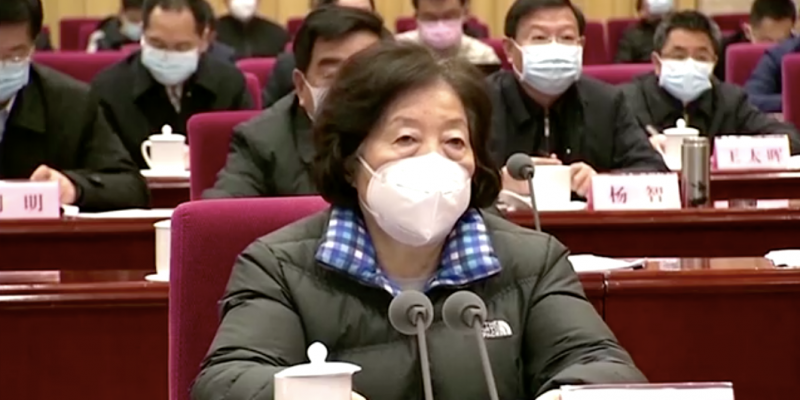
Wuhan has been under strict quarantine since January 23, with locals forced to stay inside their homes.
Many Chinese citizens have been unhappy with the response to the coronavirus outbreak, and furious that information about the virus has been censored online.
China's government and tech companies have long been known to distort data and enforce strict censorship on what its citizens can see.
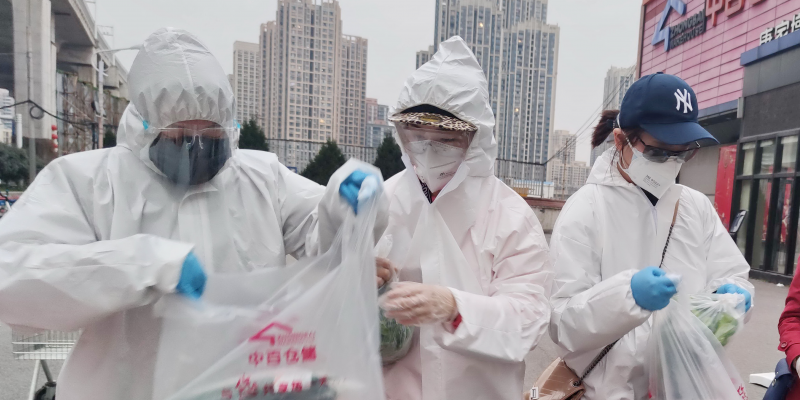
The practice has been especially fervent in relation to content about the COVID-19 outbreak.
A recent report from Citizen Lab found that Chinese social media sites YY and WeChat first started censoring information about the outbreak as early as December 31, the same day China first disclosed the outbreak to the World Health Organization.
And on Sunday, a new law which criminalized the posting of content critical of the government online came into effect.
The censorship has not gone unnoticed.
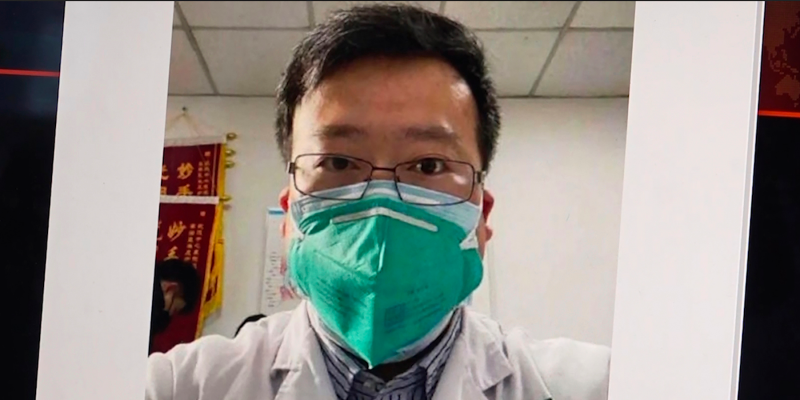
In December, China censored ophthalmologist Li Wenliang for warning his peers about the coronavirus on December 30, shortly before the government formally acknowledged the outbreak.
Police in Wuhan, where he lived, forced him to sign a letter admitting to "making false comments."
Li died of the coronavirus in February, and his death prompted calls for an end to censorship, with messages like: "The Wuhan government owes Li Wenliang an apology," "I want freedom of speech," and "We want freedom of speech" used by millions, before they too were censored.
- Read more:
- South Korea is bracing for a spike in coronavirus cases after a 'super-spreader' event occurred at a church 'cult'
- Iran, Italy, and South Korea announced harsh new measures to stifle their own outbreaks of the coronavirus
- South Korea accepted that its efforts to stop the coronavirus from infecting the country failed and says it's pivoting to containment
- Cases of the coronavirus are spiking outside of China and the World Health Organization warned 'the window of opportunity is narrowing' to contain it

